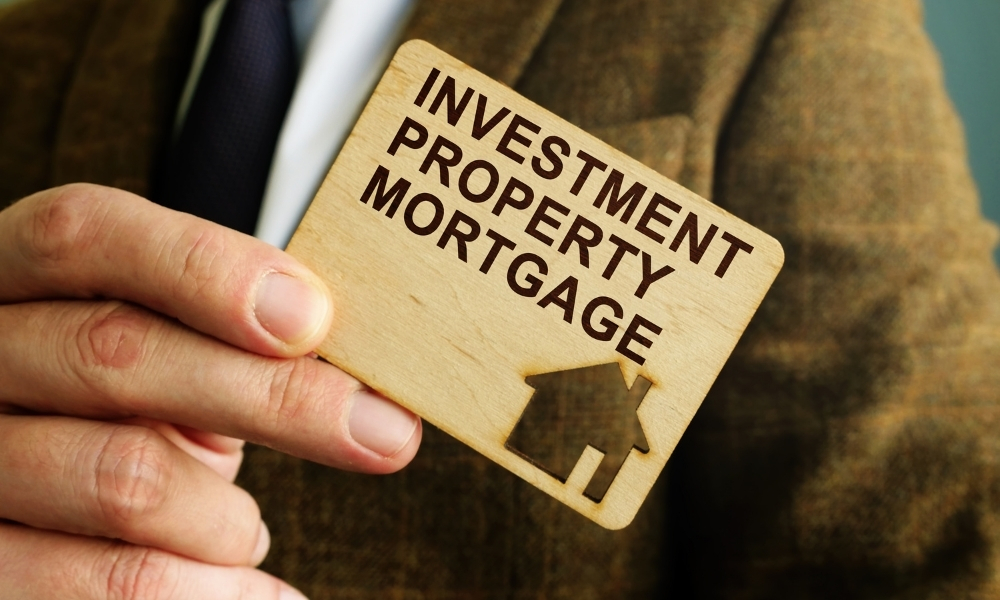Investment Property Loans
Investing in property, existing real estate structures, or commercial buildings is one of the wisest decisions investors can make in their life. Adding purchases like these to your holdings means you'll continue to profit from for many years to come. Making a smart decision on property might seem easy until you’re looking for ways to finance it. But don’t worry, our expert mortgage consultants are ready to help.
It can be hard to obtain the necessary funding to buy a property for investment that will earn you dividends for a considerable amount of time. This is where Atlantic Home Capital steps in to provide a seamless funding option for your investment purchases. Our mortgage consultants will go above and beyond to help you find the perfect option that suits your unique needs and requirements.
Our smooth and seamless process will ensure that you get your investment property sorted and kickstart your journey to become a landlord. Our unwavering commitment to quality and exceptional services has enabled us to become one of the best lenders.

Atlantic Home Capital Provides
- Modular Home Financing
- Investment Home Loans
- Investment Property Loans
- Appraisal Waivers
- No Appraisals Needed
- Bank Statement Loans
- No Tax Return Loans
- No W2 Mortgages
- No Income Verification Loans
- Mixed-Use Financing
New York Service Areas:

Florida Service Areas:
Other States We Serve:

FAQs
Investment properties generate a rental income for the owner. This can be residential income (e.g., from apartment tenants) and/or commercial income (e.g., from retail tenants).
Investment properties also help owners earn by generating a profit once they’re sold. People who purchase investment properties to earn a profit look for real estate that’s likely to rise in value (‘appreciate’) over time.
Investment property loans typically require the borrower to have a strong credit score (700 or above in most cases). They also require a down payment of at least 20% of the purchasing price of the property. Additionally, the borrower must show the mortgage lender how they plan to earn enough to pay back the premiums. This might require them to provide documents like rental income projections—but the exact requirements differ from lender to lender.
Mortgage reserves refer to assets the borrower can easily access if they fail to earn enough from the investment property to settle their mortgage premiums.
Many mortgage lenders prefer cash reserves amounting to six months’ worth of premiums. However, the exact amount depends on numerous factors, including how many properties the borrower owns and how risky the lender thinks they are.
Before applying for an investment property loan, we recommend sitting down to check whether the property is likely to generate enough rent to cover the premiums owed on the loan. It’s also worth checking whether the property in question has appreciated in the last few years and if it’s likely to continue rising in value.
If you’ve answered yes to these questions, speak to a mortgage broker about what else you should consider, given your personal/financial circumstances, and how to submit a successful application.
It depends—for example, suppose you create a rental income forecast and find that the property you’re thinking of financing will generate enough rent to pay back your monthly premiums. In this scenario, it’s worth renting the property out (provided you can keep up with maintenance costs and still earn a profit).
On the other hand, suppose you buy a property that won’t generate much rent but will likely appreciate massively. In this case, you might be better off financing it through an investment property loan before selling it for a profit down the line.
The interest rate on investment property loans is 0.5% to 1% higher than the interest rate on loans for properties where the borrower is expected to reside. This is because mortgage lenders believe it’s riskier to help someone finance homes they won’t live in.
Additionally, the down payment on investment property loans can be as much as 25% of the property's purchasing price, depending on factors like the borrower’s credit history. This is starkly different from the down payment requirements for other types of home loans, such as FHA loans (3.5% to 10%) and VA loans (zero down).
